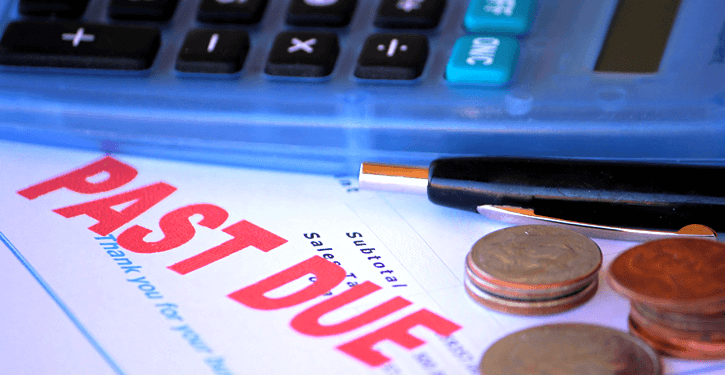Debt collectors benefit from re-ageing debt since it offers them an increased legal capacity to recover a debt from the original debtor. Re-ageing debt, on the other hand, is generally not good for consumers since it puts them back on the line for paying an old debt that may have had an old statute of limitations. This puts them in a difficult financial situation.
Understanding Re-Aging Debt
To begin, if a creditor approaches a borrower about repaying an old debt, the best course of action for the borrower may be to remain silent and take no action until they have determined whether or not they are still legally obligated to repay the obligation. If they inadvertently re-age the debt, they run the risk of being accountable for paying anything already discharged in bankruptcy, that they had previously negotiated with a creditor, or that had passed the applicable statute of limitations. The borrower could be required to provide evidence that they are not accountable for the debt while simultaneously working to prevent the creditor from reporting the unpaid obligation as one that is past due.
Other Causes That Trigger Re-Aging Debt
Re-ageing of debt may also occur when older, unpaid debt is purchased and resold on the secondary market by debt collectors. Because of the statute of limitations, it is important to consider how long ago a re-aging debt was incurred. This term normally lasts anywhere from three to ten years, depending on the kind of debt, the state where the obligation was accrued, and the applicable legal jurisdiction. When this time limit has passed, a creditor can no longer file a lawsuit against a customer for an unpaid debt. However, if the obligation is recognised, the borrower may be required to pay the loan in full or come to an agreement with the creditor. Because of this, it is strongly suggested that a borrower does not take any proactive steps to recognise a debt until first determining whether or not it is a legitimate obligation that can be collected.

Debt collectors
Unethical debt collectors may also unlawfully re-age a debt by reporting it to credit bureaus after purchasing it on the secondary market. This is done even though they do not know how old the debt is or whether or not money is due on it. If this occurs, the borrower can report the debt to the credit agency as being erroneous, which should force the debt collector to provide evidence that the debt is legitimate.
One kind of re-ageing is beneficial, and that's the kind that happens when a borrower negotiates a repayment plan for their debt with a creditor. The creditor agrees to cease reporting the account as being past due. Instead, they change the account's reporting status to show that it is current, which might increase the borrower's credit score.
Credit Bureau
A credit bureau is an organisation that gathers and researches individual credit information. It then sells it to creditors for a fee so that creditors can make decisions regarding granting credit or loans. In the United States, this type of organisation is also known as a credit reporting agency.
The Operation of Credit Bureaus
Credit bureaus collaborate with various lending institutions and credit issuers to provide decision support for loan applications. Their major objective is to guarantee that lenders have access to all the data they need to make informed judgments on lending. Banks, mortgage lenders, credit card issuers, and other personal financial lending organisations are examples of customers that a credit bureau often works.
Credit bureaus are not in charge of determining whether or not a person should be given credit; rather, their job is to gather and compile information about an individual's credit score and then provide that information to lending organisations. Consumers may also become clients of credit bureaus, in which case they would obtain the same service, which is information on their credit history.

Credit Scores
The information used by credit bureaus comes from a variety of sources known as data providers. These data providers may include creditors, debtors, debt collection agencies, suppliers, or entities having access to public records (court records, for example, are publicly available). The majority of credit bureaus concentrate their efforts on credit accounts; however, some have access to broader information, such as payment histories on telephone bills, electricity bills, rent, and other types of payments. Following this, credit bureaus will utilise various methods to compute a person's credit score based on their credit history examination.



